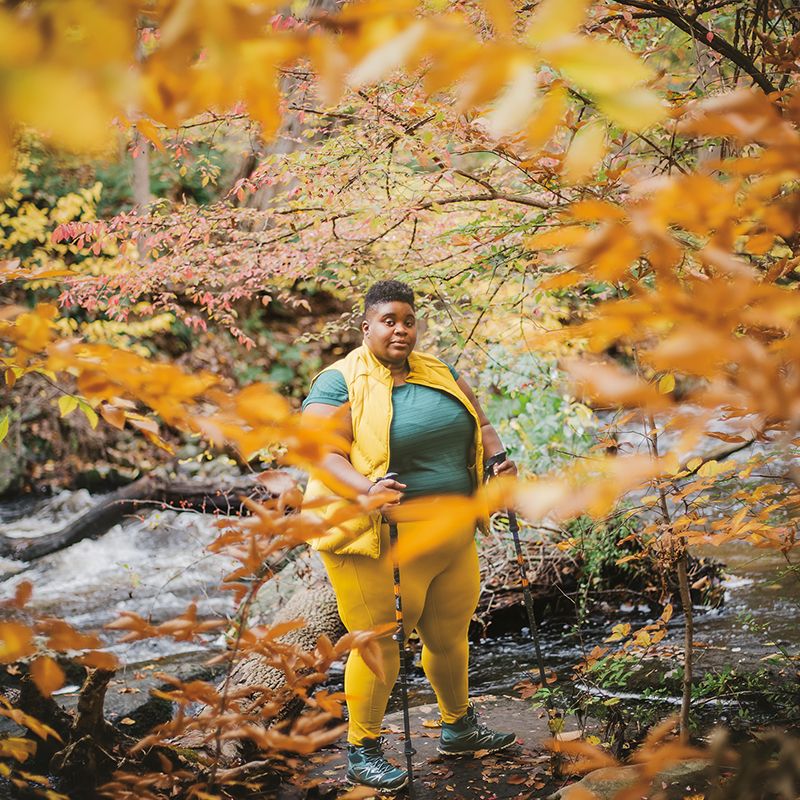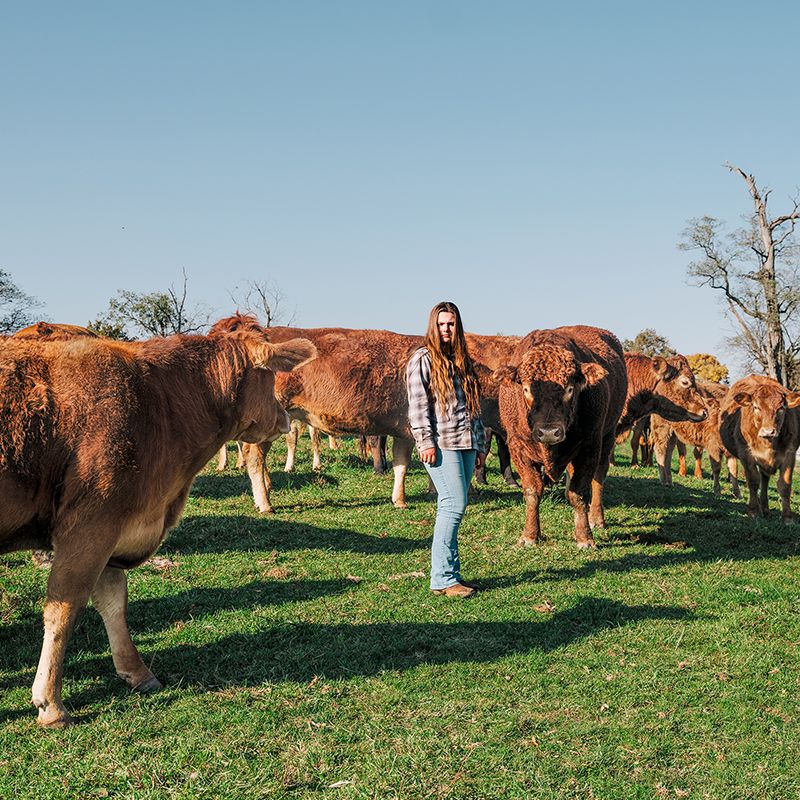The pandemic led many to reevaluate their life choices, which sometimes meant realizing that their jobs had become joyless or unsustainable. So as the world began to reopen in 2021, some people decided to completely upend the course of their careers. Whether out of financial necessity, a desire to do something more meaningful, or just wanting to try something weird or fun, here are eleven people who decided it was time for a change.

Out of Office
Eleven people on the decision to upend their lives during a pandemic by changing careers or starting their own businesses

Serial Tech Entrepreneur
Screenwriter/Producer
Denver, CO
I created a tech agency that helped other companies realize their vision, but I was starting to feel passionless. I’m looking for a creative outlet and to be more expressive, so I’m going into screenwriting and film production. Before I get to the point where I am doing a disservice, I want to make a change. There’s somewhat of a correlation to when I came out as trans, being authentic and doing what I want to do.
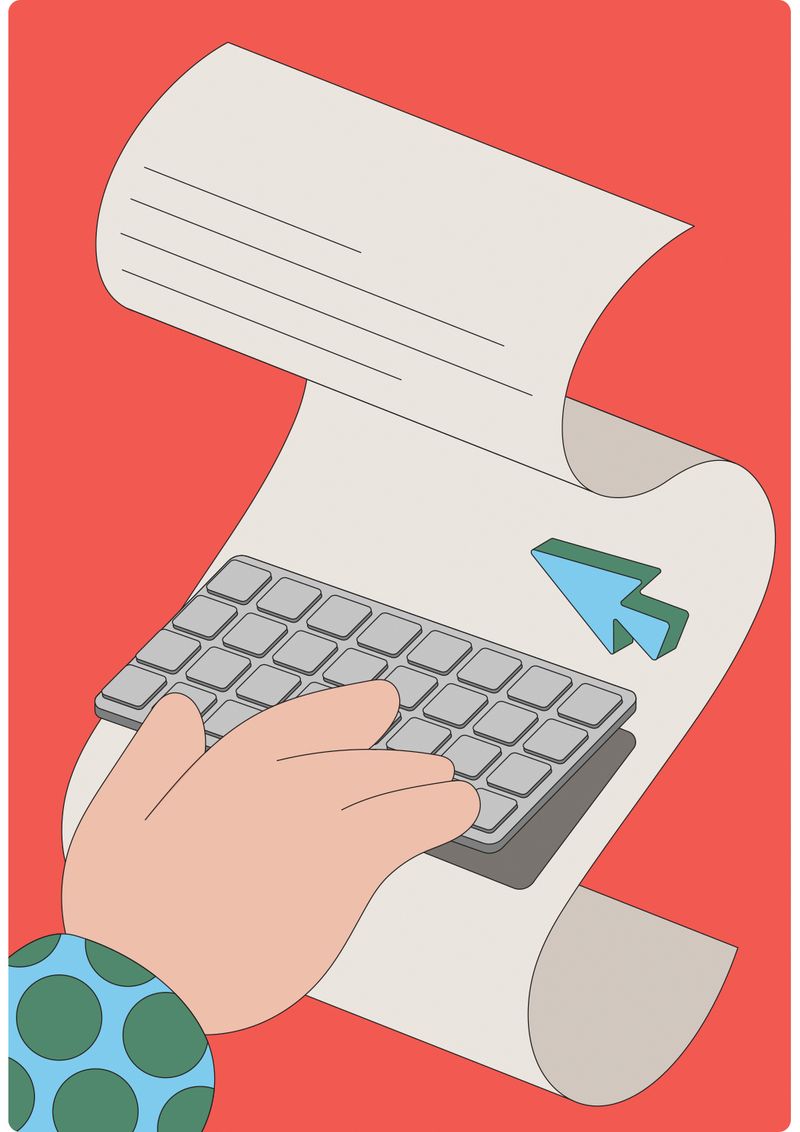
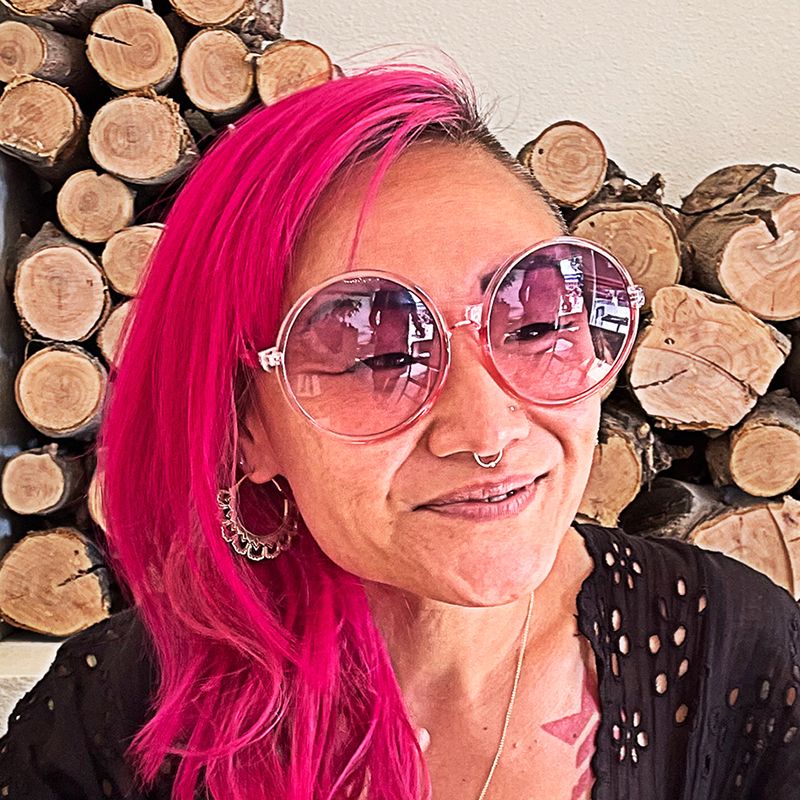
Technical Product Manager
Bladesmith
Seattle, WA
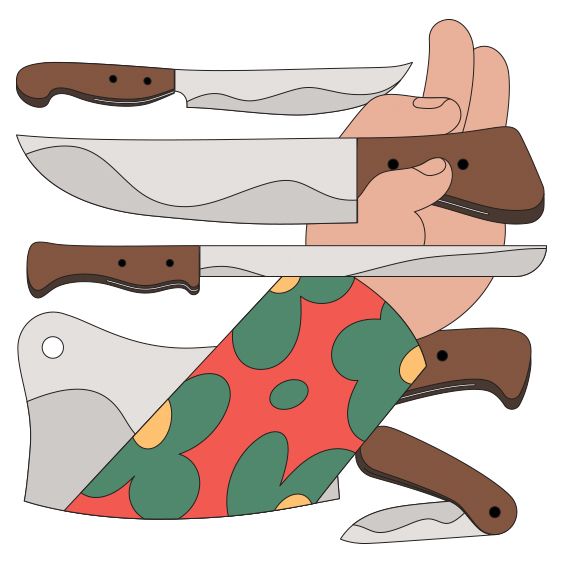
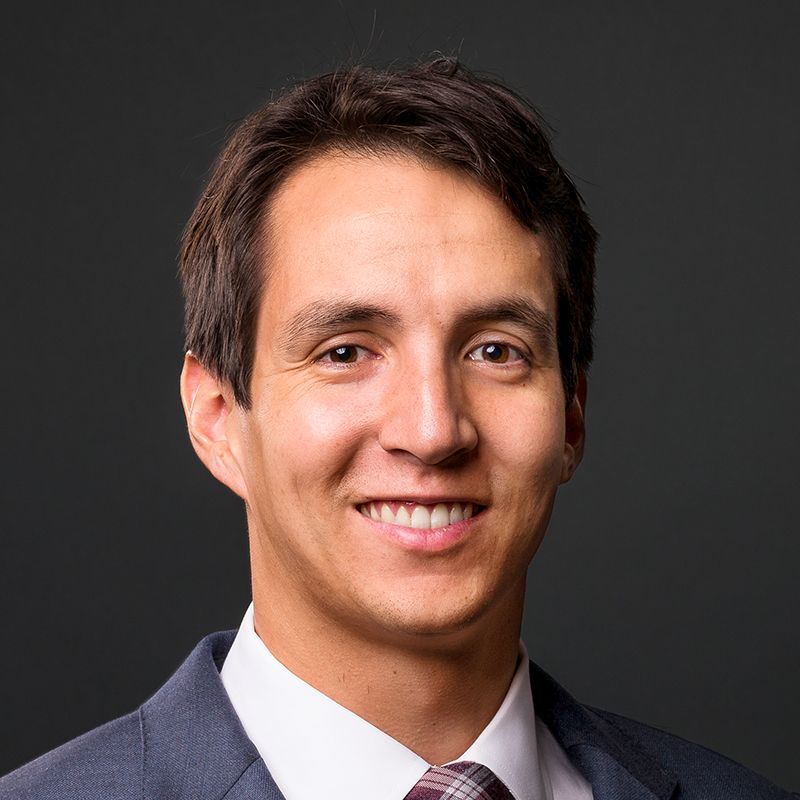
Started Sanarai, a Spanish-language mental health marketplace
Chicago, IL
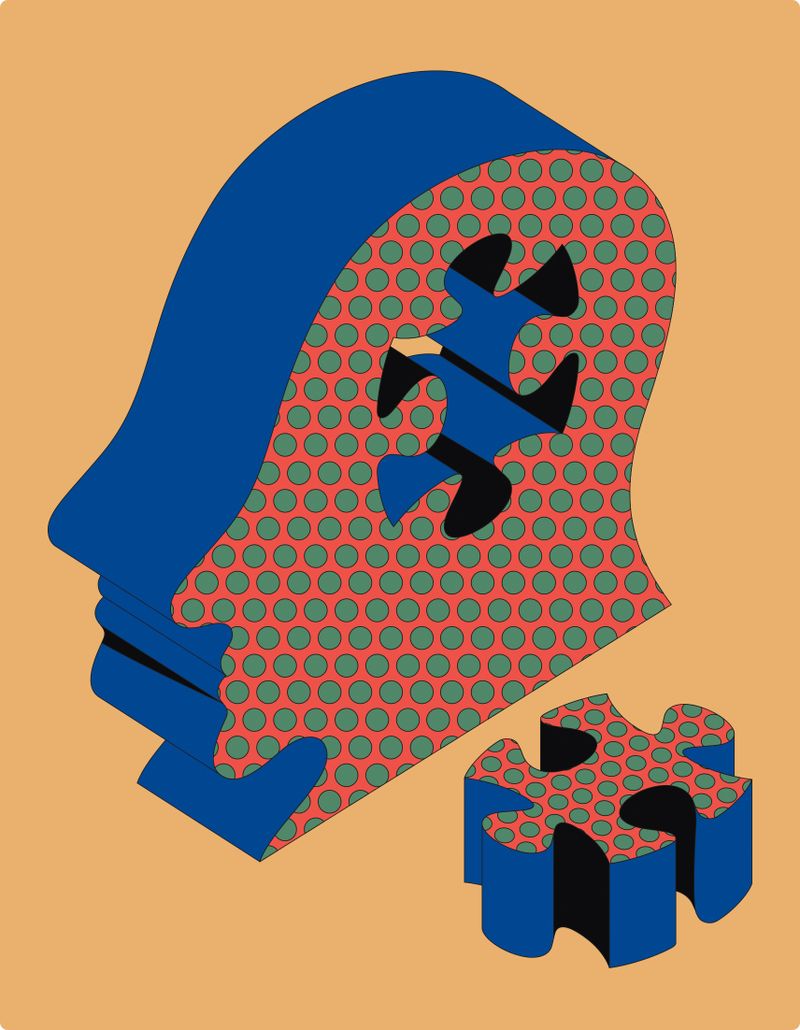
“I think in this time where everything feels so far away and uncertain, I needed things that felt less conceptual and more concrete.”
Started Dooder, content marketing firm
Park City, UT
As the owner of her own digital marketing agency for the past eleven years, Natalie Shahmiri realized how little she, and most other agencies, knew about self-promotion; they were too busy promoting their clients. That’s why she founded Dooder. The company—which Shahmiri calls a “content machine”—creates a suite of customizable inbound marketing content for agencies, such as SEO-optimized blog posts, short video scripts, and Instagram posts. Shahmiri says there aren’t a lot of resources for autistic entrepreneurs like her, but she relies on the unique skills she has as an autistic person. “ I think my strength is my ability to strategize and connect the dots,” she says. “Instead of maybe just sticking with ‘This is the foundation of how you build a business,’ I’m able to see gaps where it’s like, ‘Oh, but why did we skip those steps? That might be another opportunity.’”
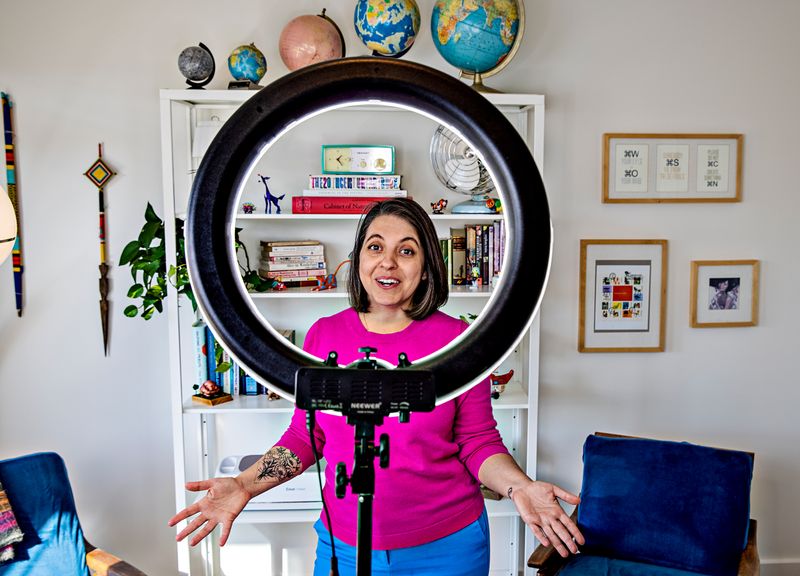
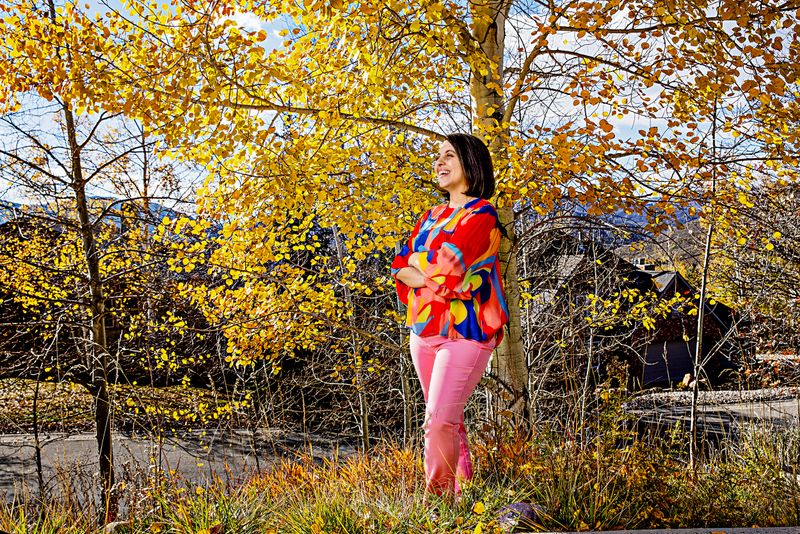
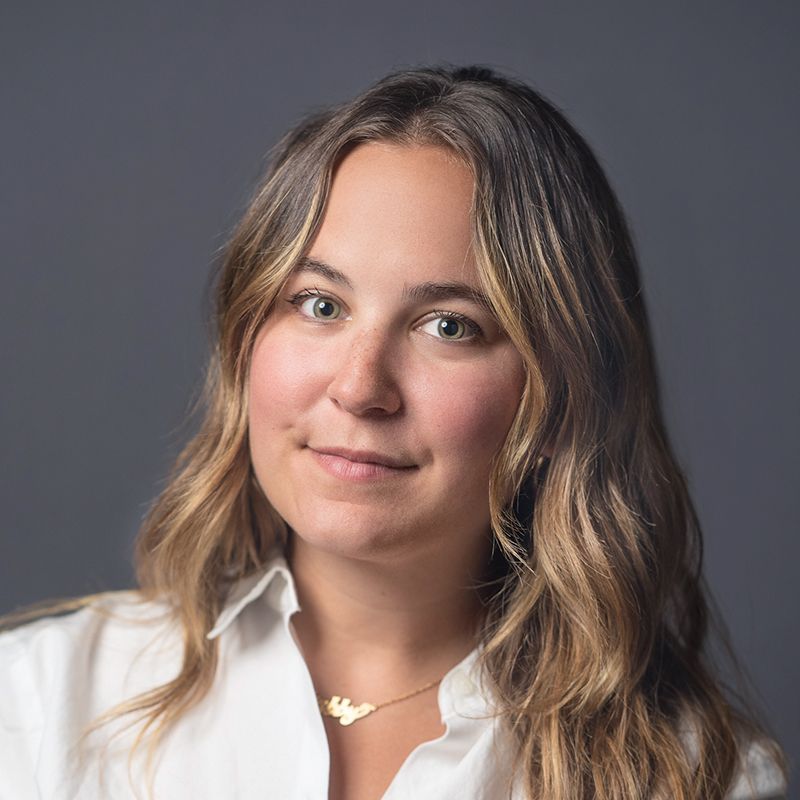
Film Literary Manager
Ice Cream Maker
Los Angeles, CA
I think the biggest thing for me in terms of dissatisfaction was that so much of working in film or television is building up and talking about things that don’t exist. You’re having a lot of calls about movies that might never happen or are very far away. I think in this time where everything feels so far away and uncertain, I needed things that felt less conceptual and more concrete. I’d been making ice cream in a hobby way before, and during the pandemic, I became obsessed with it. I stayed up all night reading historical books on fat content and became a scientist for the first time ever, even though I got a D in every science class. I love that at night I think about what I want to make, in the morning I make it, and at the end of the day, I give it to somebody and they like it. That concreteness is everything I had been missing.
Worldwide, search interest this year for should i quit my job and how to try something new hit the highest level in Google Search history.
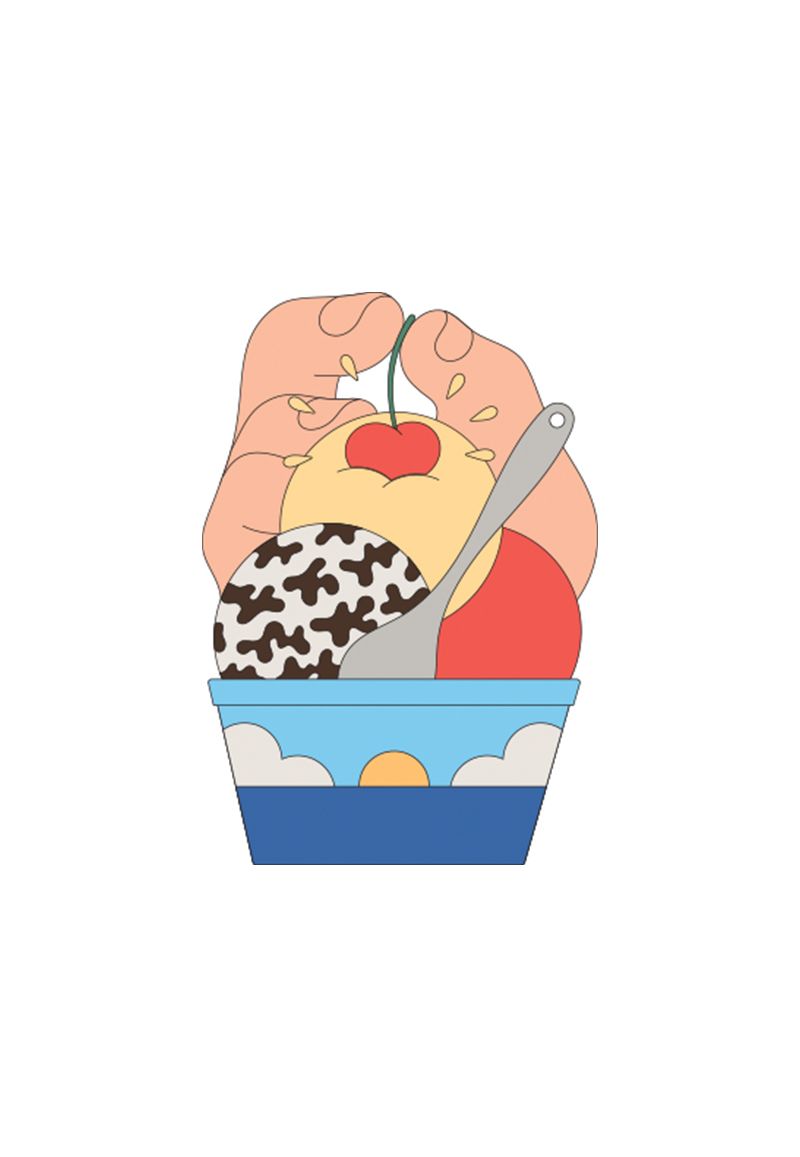
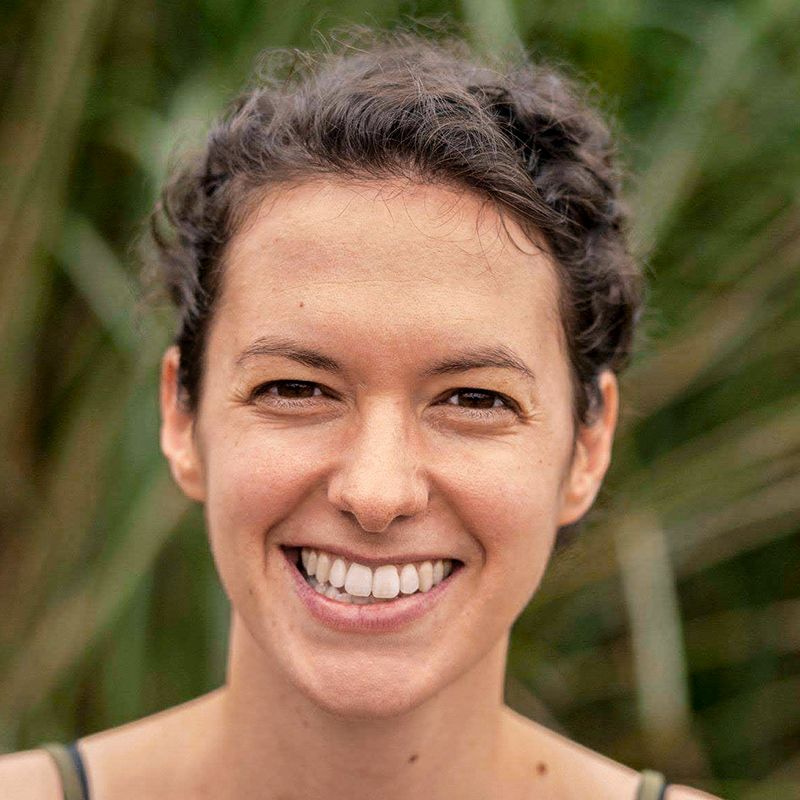
Health Policy Consultant
Independent Consultant, Singer Songwriter
New York, NY


Professional Dancer / Manager
MBA Student
Austin, TX
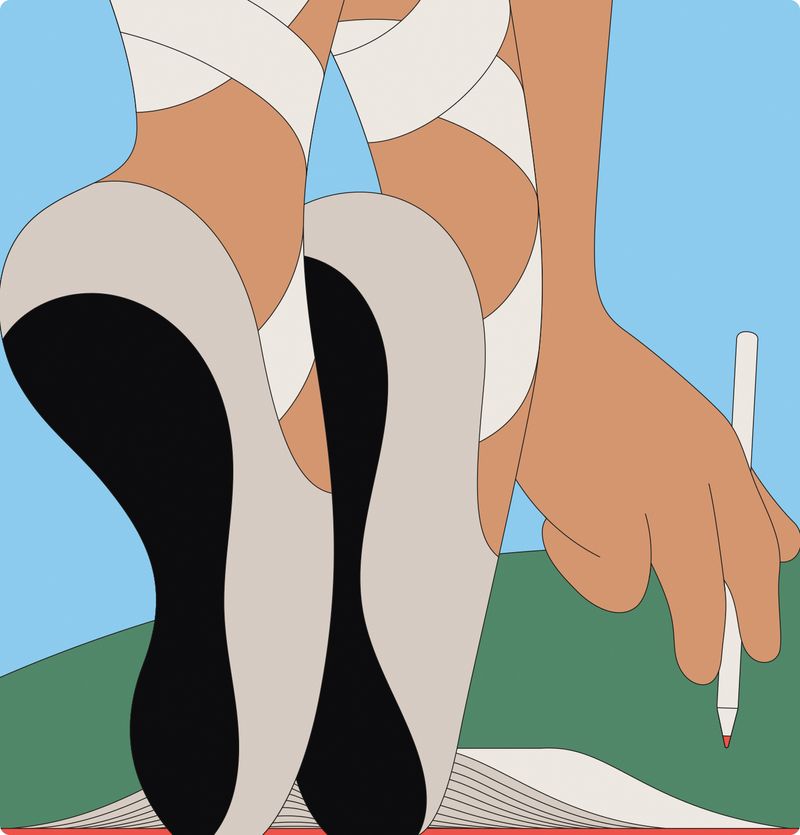
Started My Gold Standard, financial-literacy business
San Francisco, CA
A couple of years ago, Stella Gold was working sixty to eighty hours a week at a financial-planning startup. They were overworked and underpaid, and once the pandemic hit, they saw how scary it can be to have all of your financial “eggs” in just one job. “That was why I embraced the path of entrepreneurship,” Gold says, “to have more agency over my life and my world.” In 2021, Gold launched My Gold Standard, a financial-literacy and wellness business. Their approach to financial wellness is “trauma-informed,” meaning they keep clients’ personal experiences and mental health top of mind. They ask clients questions about their economic environment growing up, or any self-limiting beliefs they might have around money. Then Gold develops a “wealth road map” that shows “here’s where you want to go, here’s how I’m going to support you getting there, and here’s what you need to do to get there.”
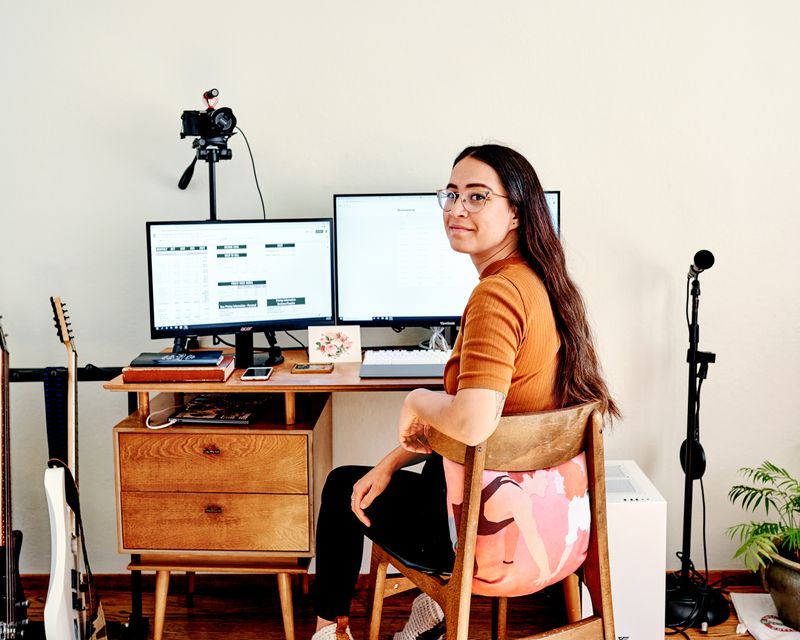
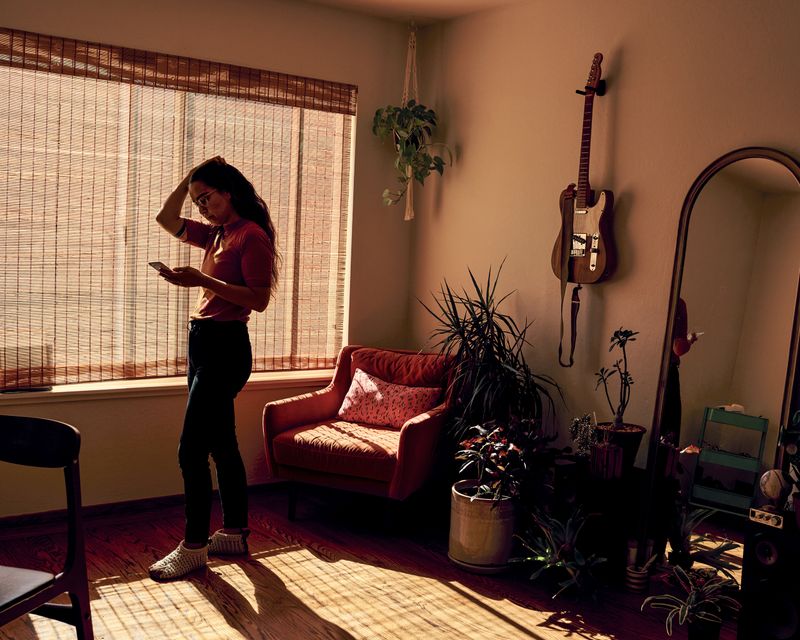
Started UrbGarden, landscaping and events company
Austin, TX
Gardening is in Tanzia Karim’s blood. Throughout her life, she’s traveled to Bangladesh, where her family is from, and tended to “fields and fields of mustard greens and different veggies and collard greens” in her grandmother’s village. So Karim wanted to start a revolution through sustainable gardening, moving communities away from relying on grocery corporations. “I wanted to make gardening approachable and accessible,” she says. Karim started UrbGarden in spring 2021 in Austin by hosting plant-centered educational events, bringing along tomatoes or zucchinis in self-sustaining pots. Now, Karim goes to people’s homes to set up their first gardens and teach them everything they need to know to bring their bounty to harvest—all you need is “a dinky twenty-five-foot square patio” to get started. Plus, she donates 15 percent of the proceeds to nonprofits that help feed underserved communities.

“That was why I embraced the path of entrepreneurship, to have more agency over my life and my world.”
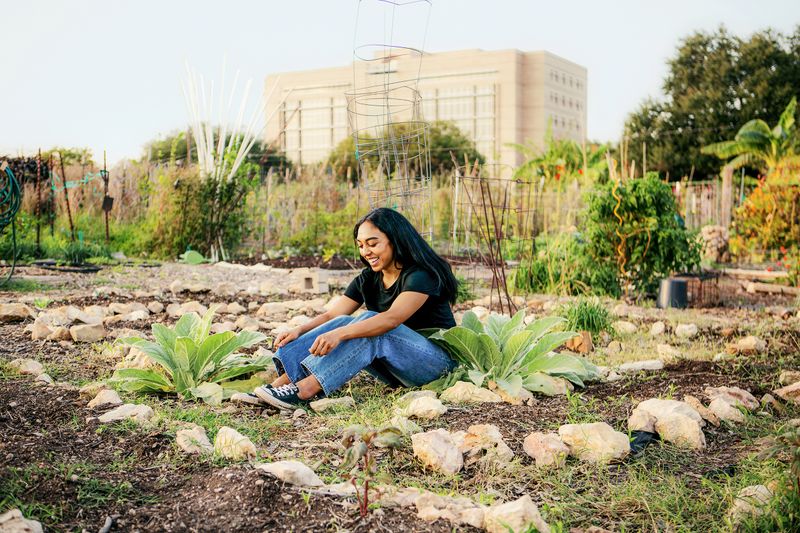
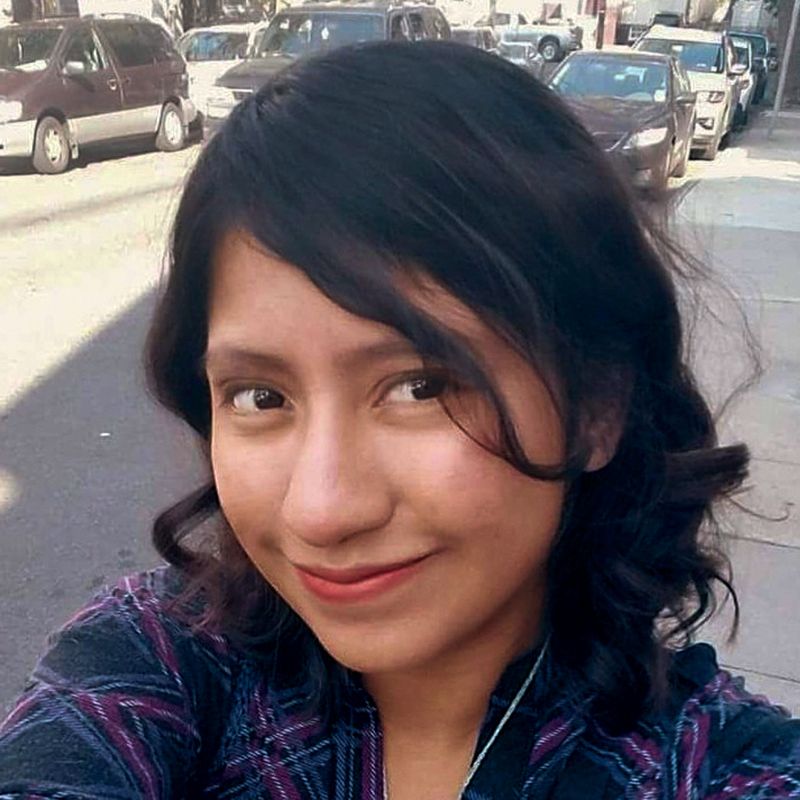
Optometrist Office Administrator
Software Engineer
Queens, NY
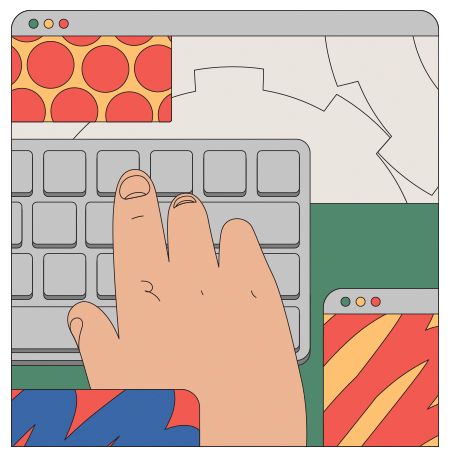
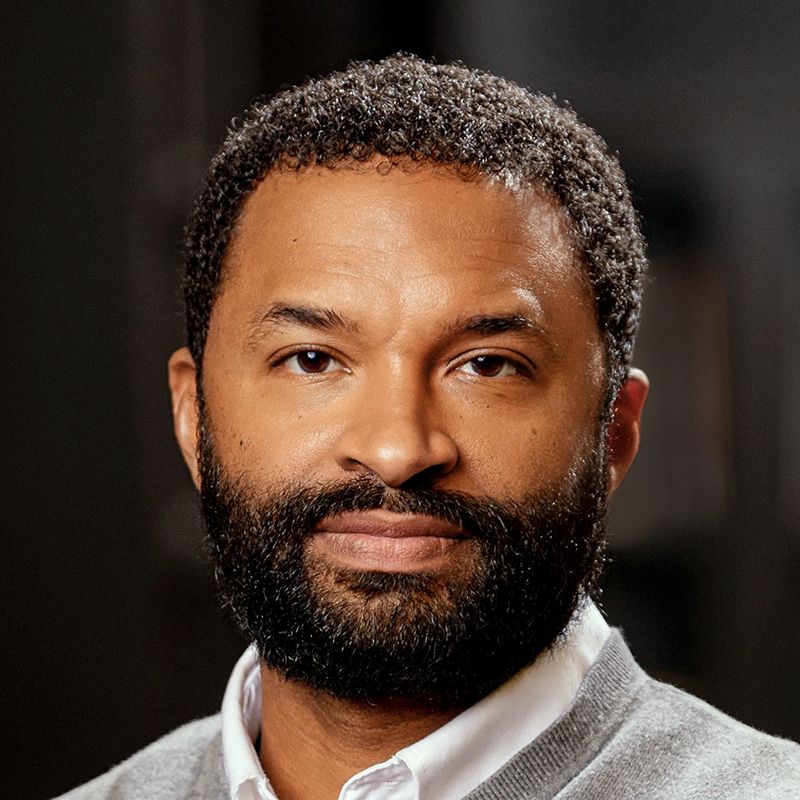
Started Acclinate, Digital Health Company
Birmingham, AL
Del Smith was a professor and dean of a business school when he decided to give up tenure to pursue his dream of starting a company to address disparities in clinical trials. After his mother died of tuberculosis and his biological father died of cancer, Smith saw a need for getting more people of color into pharmaceutical trials, where they often make up less than 10 percent of participants. He started Acclinate on the side, in 2019, but eventually realized he’d have to commit to build the business. The company addresses the issue through spreading awareness, building engagement, and using technology to connect pharmaceutical companies with participants. “My personal finances were screaming, ‘Maybe not now,’ but I had faith that we were going to figure out a solution,” he said. “At some point, you have to make a leap. Where you don’t want to be is in the middle.” His jump paid off: business is up 350 percent over 2020, and this year he started paying himself a salary.

Find the training, tools, and resources to help you grow your skills, career, or business at grow.google/certificates.
Google for Startups strives to support thriving, diverse, and inclusive startup communities around the world. Learn how to connect with the right people, products, and best practices to help your startup grow at startup.google.com.
